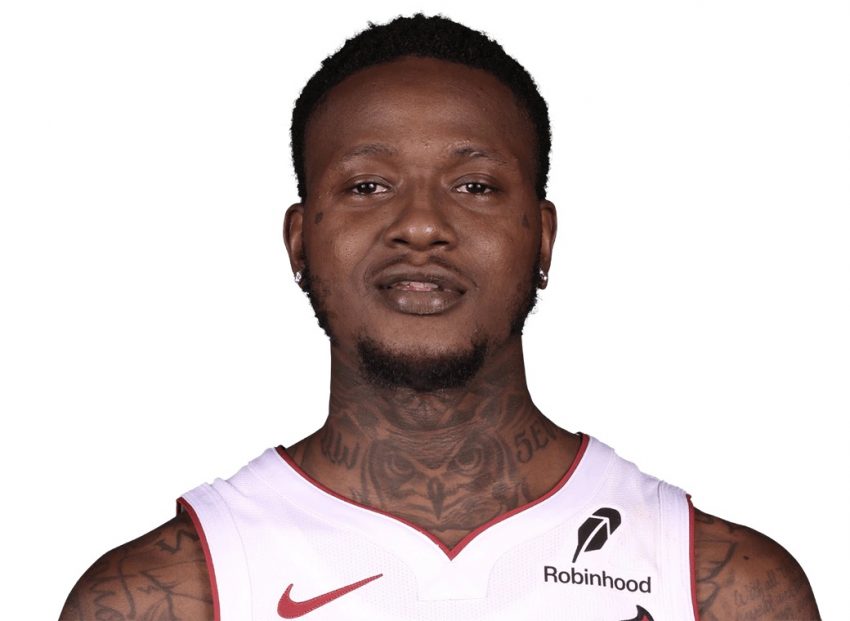The National Basketball Players Association (NBPA) has publicly announced it will contest the decision by the NBA and its member teams to withhold salary payments from Terry Rozier (player) and Chauncey Billups (coach), both of whom were placed on leave following recent federal gambling-related arrests.
What Happened
- Rozier, a guard for the Miami Heat, and Billups, head coach of the Portland Trail Blazers, are among 34 individuals arrested in two separate federal investigations. In Rozier’s case, he’s accused of providing inside information to a friend to assist in prop betting. Billups is alleged to have been part of a rigged poker scheme.
- Following the arrests, the NBA placed both on leave without pay — meaning they will not receive their salaries or other compensation until further notice.
- The NBPA responded: “While we are in agreement with the league that upholding the integrity of the game is of the utmost importance, their decision to place Terry on leave without pay is counter to the presumption of innocence and inconsistent with the terms of our Collective Bargaining Agreement.” The union said it “plans to challenge their decision via the proper channels.”
What the CBA Says
Under the NBA’s existing Collective Bargaining Agreement (CBA), the section on “administrative leave” states:
“While on administrative leave, the player shall be ineligible to play in any of his team’s games. However, the player will continue to receive his salary and other welfare benefits to which he would be entitled as an active player.”
In other words:
- If a player is placed on administrative leave, salary should continue.
- By withholding pay, the league/teams are arguably deviating from that clause.
- The union’s grievance will likely hinge on:
- Whether the status designated by the league is administrative leave as defined in the CBA,
- Or a different status (e.g., unpaid leave pending investigation) that does not promise salary continuation.
- It raises key questions about due process, presumed innocence, and contractual protections for players/coaches under the CBA.
The Financial Stakes
- Rozier is in the final year of a four-year, $96.3 million contract (signed in August 2021 with the Charlotte Hornets before being traded) and slated to earn $26.6 million this 2025 – 26 season (with $24.9 million guaranteed).
- Billups, after a 17-year playing career earning $106.8 million, transitioned to coaching and signed a multiyear extension with Portland through at least 2027-28.
- These sums highlight the magnitude of withheld compensation — and the broader implications for team salary-cap relief, roster planning, and precedent in pay treatment.
Why This Matters
- Contractual Protection vs. Investigative Action The issue pits the players’ contractual rights (as defined in the CBA) against the league’s effort to preserve institutional integrity during federal investigations — a tension between due process and reputational risk.
- Precedent-setting for Leave on Pay If the league can withhold pay despite CBA language that indicates salary continuation on administrative leave, it opens the door for future leave scenarios (legal, medical, behavioral) to be handled differently.
- Cap & Team Implications Withholding salary affects not only the individual but also team cap space and transaction flexibility. In Rozier’s case the Heat reportedly are in discussions regarding possible “salary-cap relief” tied to his contract.
- Player & Union Leverage The NBPA’s decision to grieve signals its willingness to enforce CBA rights. How the grievance resolves (arbitration, settlement, court challenge) may influence future bargaining dynamics and how aggressively the union protects leave-pay rights.
What Could Happen Next
- The NBPA files a formal grievance or arbitration demand to challenge the withholding of Rozier’s salary.
- The league and NBPA may negotiate a settlement — potentially paying some portion of salary while clarifying what “administrative leave” means in practice.
- There may be a precedent-setting arbitrator or court decision interpreting the leave clause and determining whether the NBA/teams can withhold salary under these facts.
- Teams and the league might revisit the leave language in the next CBA to clarify salary obligations during investigative leaves.
- From a team standpoint, if salary is eventually paid back, the team’s cap relief or accounting might shift accordingly.
- Public and media perception could influence how swiftly resolution occurs — given the high profile and gambling-related allegations tied to integrity of sport.


